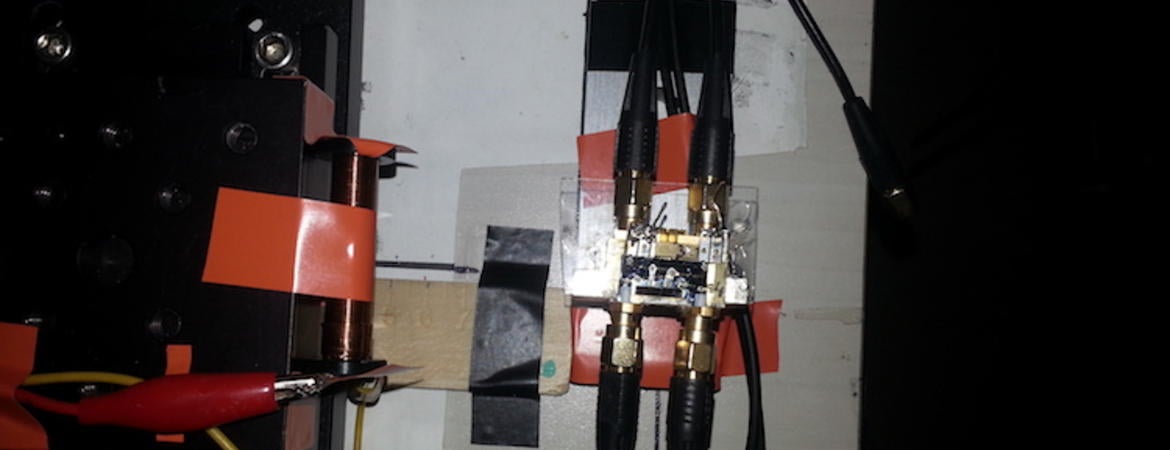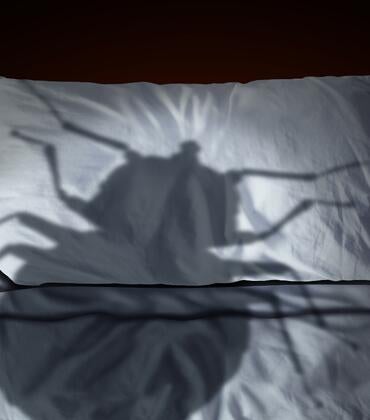
BEAM-CA, LLC has been awarded a National Science Foundation (NSF) Small Business Innovation Research (SBIR) Phase I grant for $149,000 to conduct research and development work on a novel type of sensitive, robust magnetometer that operates at room temperature. The company had early support from ExCITE, a startup accelerator partnership between UC Riverside, the City of Riverside, and Riverside County.
Magnetometers are among the most widely used imaging instruments for a variety of applications including healthcare, transportation safety, food contamination monitoring, and homeland security. The most sensitive magnetometers, known as superconducting quantum interference devices, can measure extremely subtle magnetic fields up to the attoTesla. An attoTesla is one quintillionth (10-18) of a Tesla, the standard measurement unit for magnetic fields.
This high sensitivity currently can be achieved only at cryogenic temperature. Superconducting quantum interference devices are expensive and large. Their sensing element cannot be placed directly on a patient, limiting the magnetometer’s effectiveness.
The BEAM-CA team is developing a compact, inexpensive magnetometer with up to attoTesla sensitivity that operates at room temperature and can be placed directly on a patient.
“Compact and highly sensitive magnetometers are in great demand for biosensing and biomedical applications,” said Alexander Khitun, a research professor of electrical and computer engineering in UC Riverside’s Bourns College of Engineering, founder of BEAM-CA, and the principal investigator of the NSF SBIR project.
The team has assembled a prototype device and is carrying out a set of experiments to verify its unique capabilities. Its lower cost, smaller size, and superior imaging could make magnetic field imaging more available and affordable for medical centers and their patients.
The NSF SBIR program provides the group with financial support and resources for early-stage company development. The team is participating in the Beat the Odds Boot Camp organized by NSF for the Phase I awardees. This Boot Camp helps develop a stronger business model, market strategy, and product.
Once a small business is awarded a Phase I SBIR/STTR grant (up to $225,000), it becomes eligible to apply for a Phase II grant (up to $750,000). Small businesses with Phase II grants are eligible to receive up to $500,000 in additional matching funds with qualifying third-party investment or sales.



